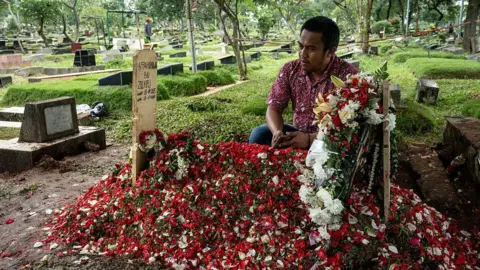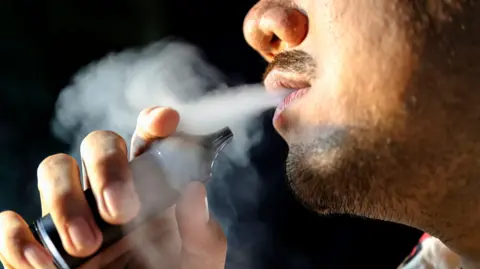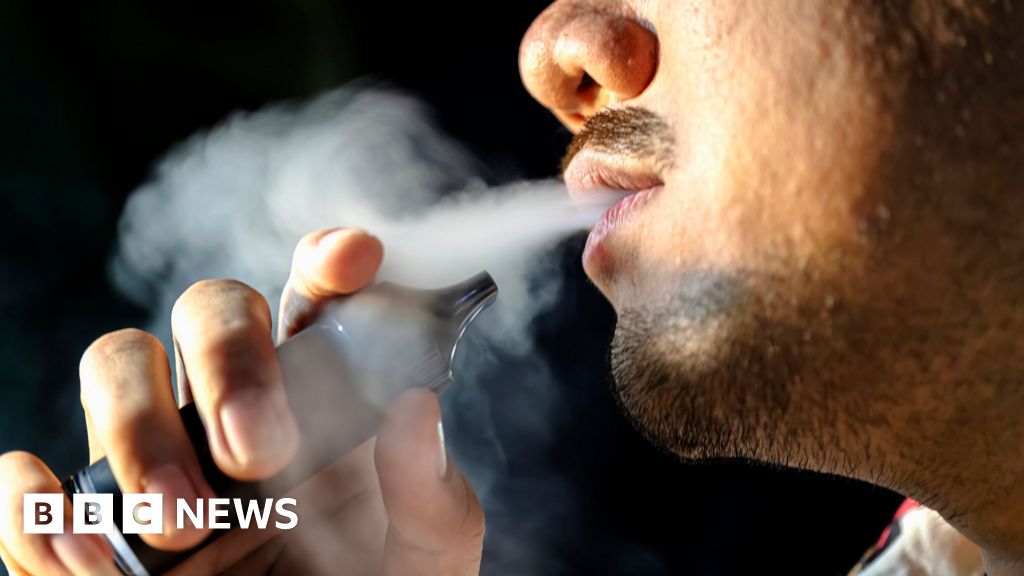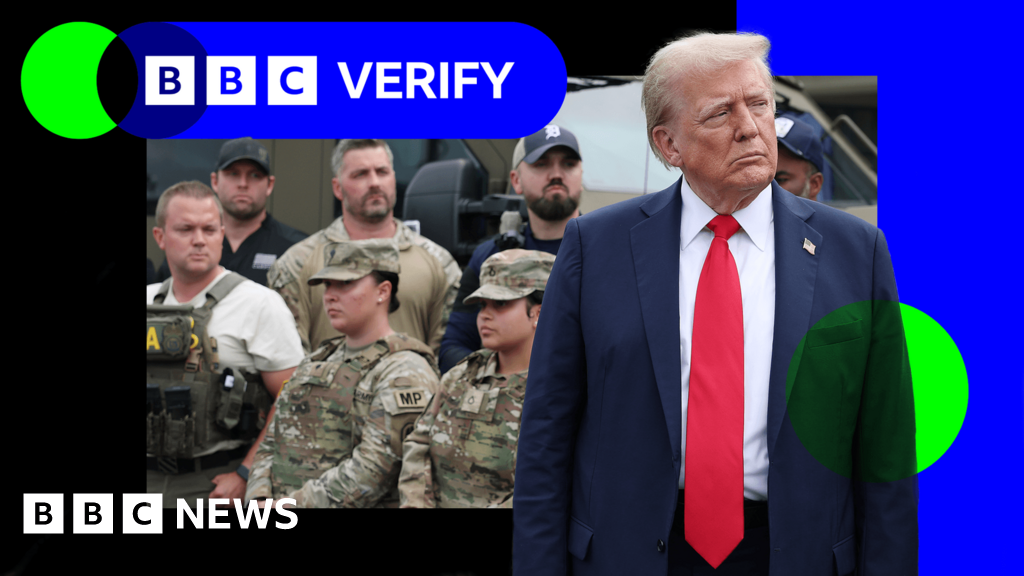Indonesian police have revealed the existence of a baby trafficking ring that has allegedly sold over 25 infants to buyers in Singapore since the start of 2023. This operation has resulted in 13 arrests in various cities, including Pontianak and Tangerang, and the rescue of six children aged around one year who were on the verge of being trafficked.
According to Surawan, the director of general criminal investigation for West Java Police, the infants were initially kept in Pontianak, where their immigration paperwork was processed before their transfer to Singapore. Contact with potential parents, often prioritized by financial desperation, reportedly began through social media platforms like Facebook, transitioning to secure messages via WhatsApp once a communication system was established.
"Some babies were even reserved while still in the womb," Surawan noted, outlining the syndicate's illicit cycle of operations. After being born, delivery expenses were covered, and monetary compensation exchanged hands before infants were taken from their birth mothers. The traffickers included recruiters responsible for finding vulnerable mothers, caretakers who housed the infants, and individuals who forged legal documents, such as birth certificates and passports.
Prices for trafficked infants ranged between 11 million to 16 million Indonesian rupiah (approximately $673 to $1,022). Some arrested individuals disclosed that the syndicate sold at least 12 male and 13 female infants domestically and internationally, primarily from various districts within West Java.
Surawan indicated that the immediate focus remains on identifying and locating the adoptive parents in Singapore. Investigations include reconciling travel records and adoption documents to track down who participated in the trafficking network. Notably, the infants appear to have had their national identities changed legally.
Furthermore, it has been identified that agreements facilitated between the traffickers and parents often stem from situations of dire financial necessity. Parents, who may have consented to relinquish their children, could potentially face criminal charges for human trafficking offences.
The police have sought collaboration from international law enforcement, including Interpol, to apprehend members of the trafficking ring who are believed to be operating outside Indonesia. Ai Rahmayanti, from the Indonesian Child Protection Commission (KPAI), highlighted that child traffickers frequently exploit socioeconomic vulnerabilities such as unwanted pregnancies resulting from sexual violence or casual relationships.
The implications of this trafficking network raise serious concerns about their methods, which often disguise criminal intentions under the veil of social welfare—offering supposedly caring services but ultimately exchanging child custody for monetary benefits.
While official statistics on baby sales in Indonesia are limited, KPAI reported a troubling increase in related cases, with incidents of illegal adoptions rising sharply from 11 in 2020 to 59 in 2023 alone. As the investigation unfolds, the systemic issues surrounding child trafficking in Indonesia demand urgent attention from both local and international authorities.





















